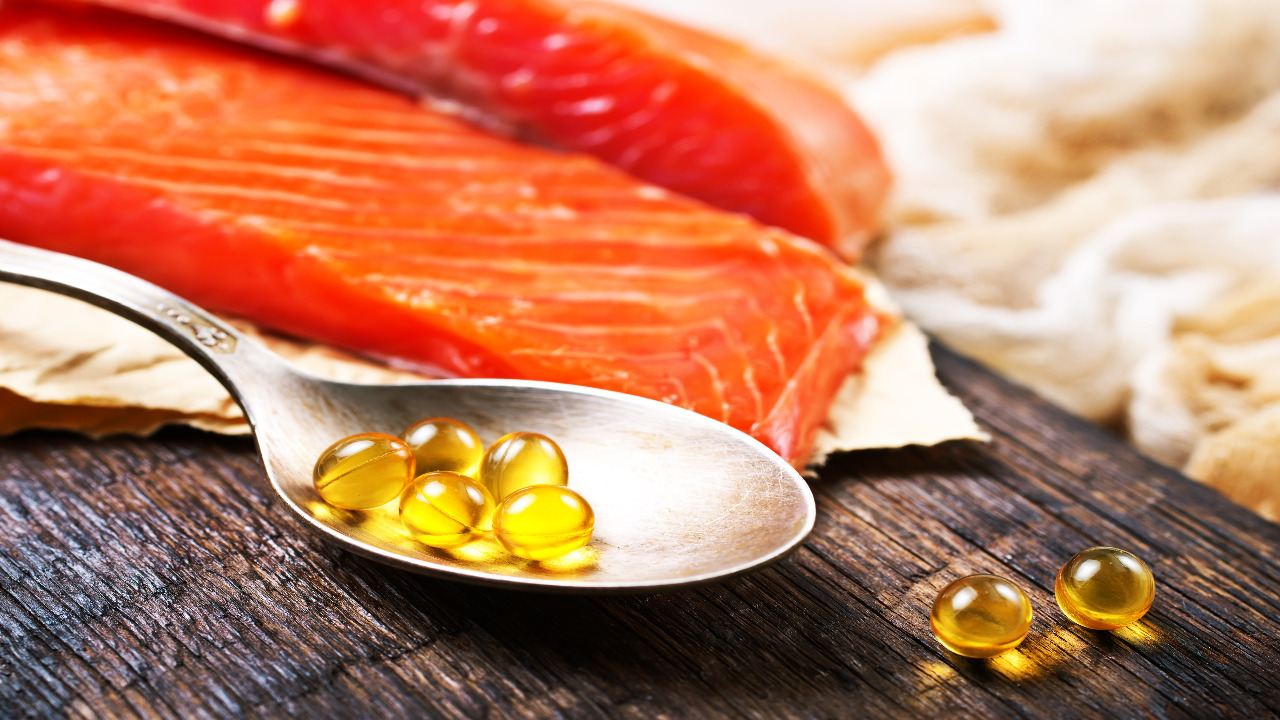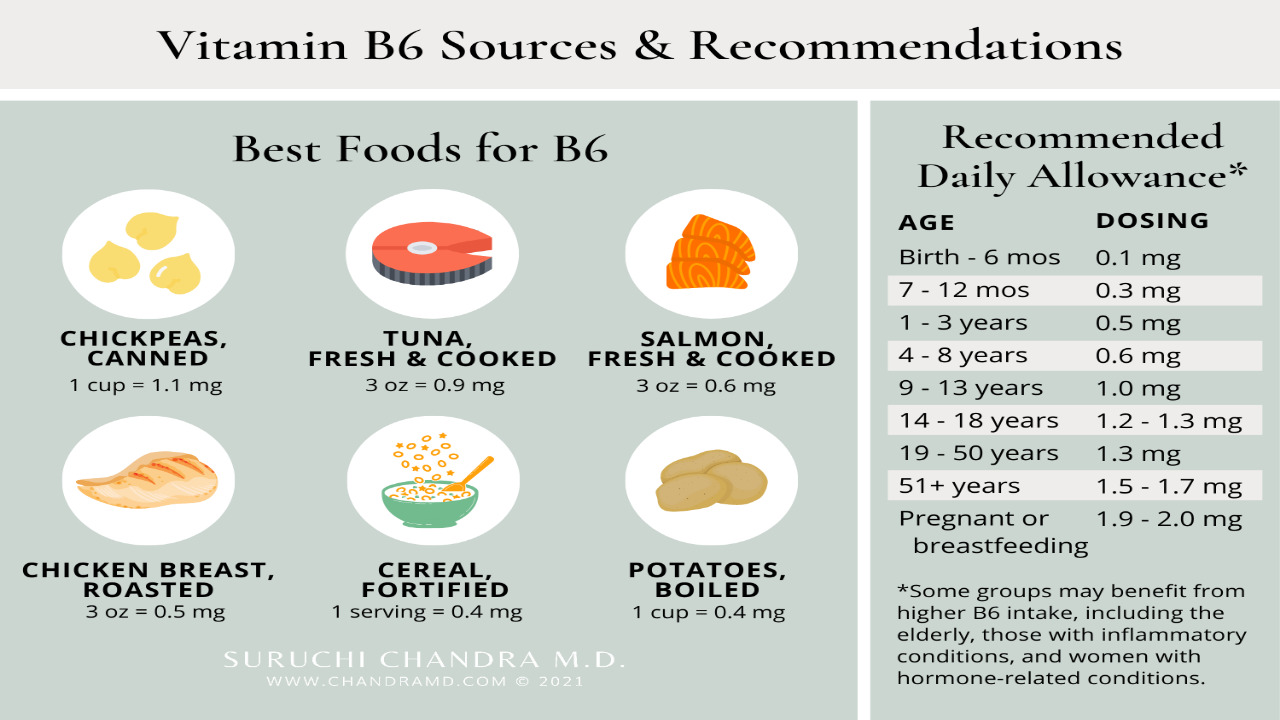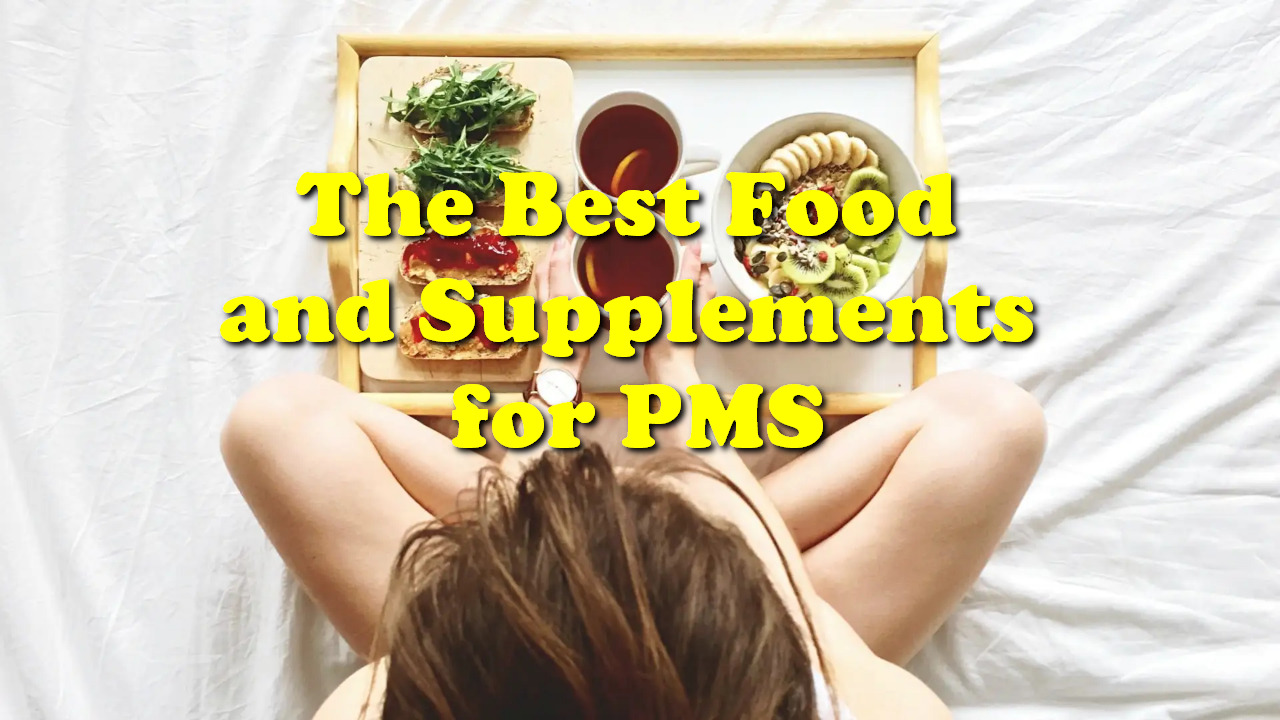Do cramps, bloating, and mood swings make you dread that time of the month? Premenstrual syndrome (PMS) can be a real challenge to cope with. But did you know that there are certain foods and supplements that can help ease your PMS symptoms? Premenstrual syndrome is an umbrella term for a wide range of physical and emotional symptoms linked to the menstrual cycle. About 20–30% of women suffer from PMS so severely it affects their daily life. This can include extreme changes in mood (irritability, sadness, or anxiety), bloating, breast tenderness, food cravings, and fatigue.
Although the exact cause of PMS is unknown, there are many things you can do to lessen its effects. Eating healthy, buying the best PMS supplements, and making sure you’re getting enough vitamins and minerals will help keep your hormone levels in balance and reduce the severity of PMS symptoms. Here is a guide on which foods you should eat as well as some vitamins and supplements that might be helpful for managing your PMS symptoms. Premenstrual syndrome, or PMS, affects many women every month. It can cause physical and emotional symptoms that can make it hard to function. Fortunately, there are some foods and supplements that can help relieve the symptoms of PMS. Here’s a list of the best food and supplements for PMS:
Calcium

Calcium is important for maintaining healthy bones. Taking calcium during PMS can help reduce physical symptoms such as cramps and fatigue by helping your body to regulate hormones more efficiently. Dairy products like milk, yogurt, and cheese are all good sources of calcium.
Fish Oil

Fish oil has anti-inflammatory properties and is full of omega-3 fatty acids that can help reduce cramps and soreness associated with PMS. Fish such as tuna, salmon, sardines, anchovies, mackerel, and trout are all great sources of fish oil.
Magnesium

Magnesium helps maintain normal nerve functioning that can be disrupted when hormone levels fluctuate during your period. Magnesium also helps reduce water retention, which is common in those with PMS symptoms. Look for foods high in magnesium, such as spinach and other leafy greens, nuts, and seeds (like pumpkin or squash seeds), avocados, and bananas!
Vitamin B6

Vitamin B6 plays an important role in helping with mood changes associated with premenstrual syndrome because it helps boost serotonin levels in the body which will keep you feeling happier during this time! Sources include potatoes, legumes (like beans), spinach & other dark green veggies like kale & broccoli!
Probiotics

Probiotics contain helpful bacteria that aid digestion, so they’re beneficial for those suffering from menstrual pain due to gut issues like digestive inflammation or irregularity in bowel movements due to fluctuations in hormone levels associated with premenstrual syndrome! Try incorporating probiotic-rich foods into your diet, including yogurts, kefir & miso soup!
Chasteberry Extract
Chasteberry extract comes from a shrub called vitex agnus castus, which has traditionally been used by women to support hormonal balance leading up to their periods each month – advantageous for those suffering from PMS’s common symptoms like breast tenderness or mood swings prior to their period!





